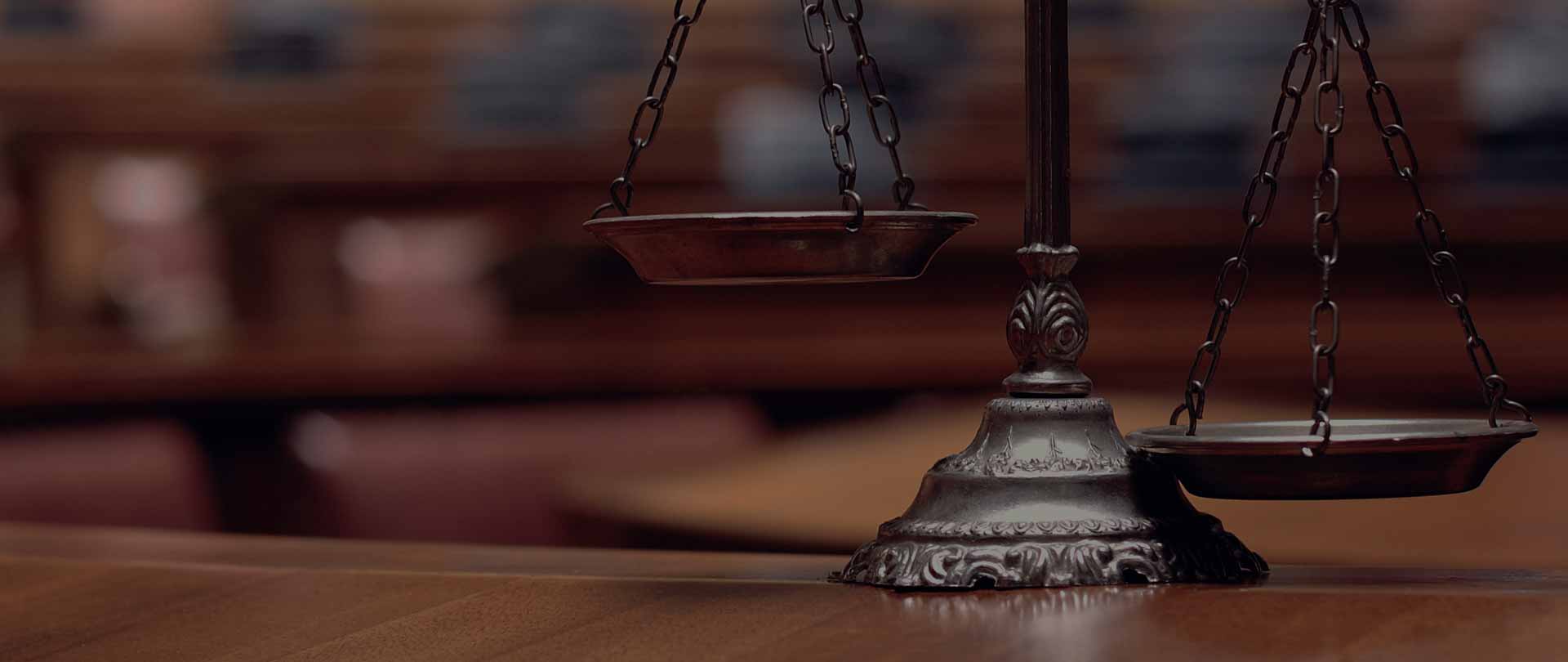The Impact Of False Memories On Eyewitness IDs In Oregon
As most people are well aware, memories are not always reliable, as factors such as suggestive questioning, the passage of time and subsequent experiences can easily distort or influence memory and recollection of past events — especially the memories of children.
In the realm of criminal law, statutes of limitations were created as a defense to criminal allegations to address reasonable concerns regarding the reliability of older memories. Statutes of limitations are designed to balance the needs of society and those who make allegations of criminal behavior with the necessity of a fair trial, and ultimately, to prevent false convictions based on memories which, because of the passage time, bear an unreasonable risk of fading or having been altered through inadvertent outside influences.
However, statutes of limitations are not the only manner of attack for those accused of crimes in Oregon. Various other protections allow criminal defendants to exclude certain eyewitness (or “earwitness”) evidence based upon unreliability or improper influence.
Admissibility Of Identification Testimony In Oregon
In 2012, the Oregon Supreme Court handed down a landmark decision addressing the admissibility of eyewitness identification evidence, particularly where the evidence may have been affected by inappropriate investigative techniques.
The case, State v. Lawson, stemmed from an incident in which a woman identified Mr. Lawson as the killer of her husband two years after the crime was committed. The identification occurred despite the fact she previously claimed she had not gotten a good look at the shooter’s face, not to mention she had failed to identify Lawson in two separate photo throw downs. Indeed, she only fingered Lawson as the killer after the detective took her to a pretrial hearing to observe Lawson. She later saw Lawson’s photo in the detective’s notebook.
In coming to its decision, the court noted “because of the alterations to memory that suggestiveness can cause,” the courts and police must treat eyewitness memory the same as they would other forms of trace evidence, such as blood and DNA. Once eyewitness evidence is “contaminated,” it is very difficult to recreate the original memory.
Ultimately, the Oregon Supreme Court overhauled the state’s reliability test for the admissibility of eyewitness identifications, taking into account more than 30 years of scientific research and knowledge regarding the destructive effects of suggestion and faulty reliability indicators, such as witness certainty.
The weight of the research teaches us that memory can easily be changed through inadvertent influences, and persons with altered memories usually have no idea whatsoever that their memory has changed. In fact, the latest studies suggest that a witness that is very confident in their memory is more likely to have an unreliable memory than one who has less confidence.
Legal Assistance When Addressing Flawed Identifications
Sadly, flawed and implanted memories can be even more problematic with children given their high susceptibility to suggestion and other outside influences. This particular concern has ignited some recent debate due to attempts by some lawmakers to eliminate the statute of limitations for child sex crimes in Oregon.
Those opposing this change are concerned the removal of the statute of limitations will ultimately result in convictions based upon memories that are years, or even decades, old. The question then becomes, how do investigators and lawmakers revise investigative techniques to ensure childhood memories are sufficiently reliable to avoid these wrongful convictions? Unfortunately, there may be no right answer to this question.
Currently, many investigators simply do not know how to properly interview children in order to avoid improper influence, or even memory implantation. Moreover, in circumstances in which children are overly influenced, many lawyers are not sufficiently experienced to confront and address these potentially flawed memories in court. Accordingly, if you have been accused of a child sex crime and believe eyewitness testimony may be flawed, it is important to seek the counsel of a knowledgeable criminal defense attorney. A skilled attorney can review the facts of your case, ensure your rights are protected, know the latest in the field of research and be ready to attack risk of a wrongful conviction based on false memories.
Contact the firm today for a free consultation about your criminal defense case.

